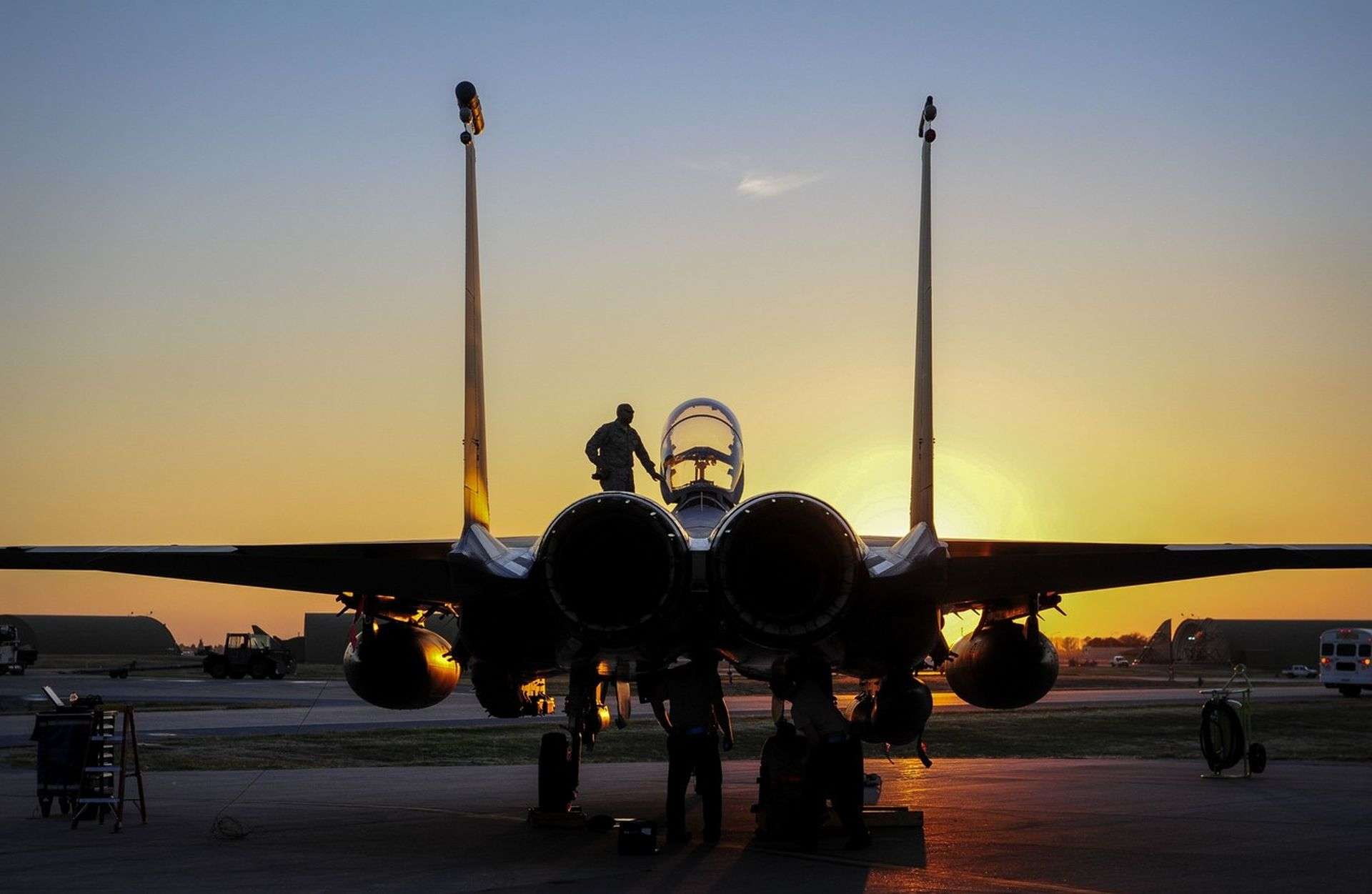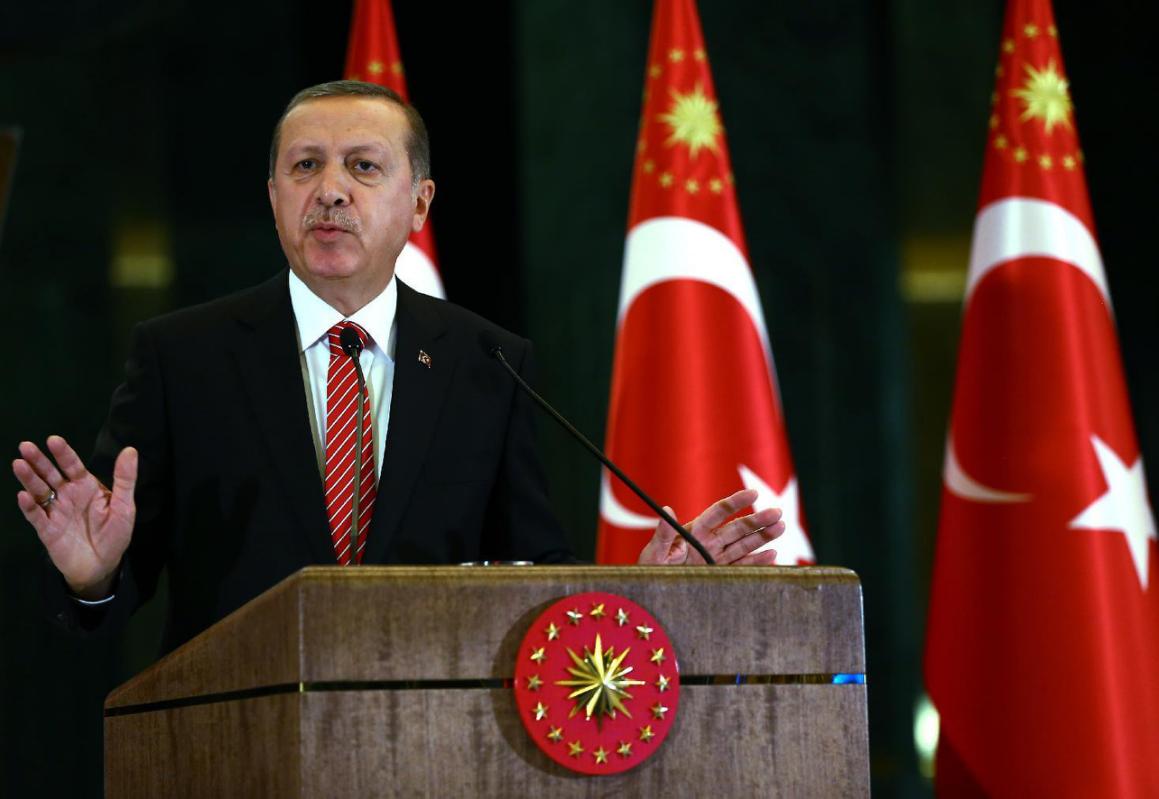PENTAGON: The United States maintains a base in southern Syria that limits Iranian forces’ ability to move through Syria’s al-Tanf border crossing, U.S. officials and experts tell VOA.
“Our mere presence there accomplishes that, whether it’s a goal or not,” Army Maj. Josh Jacques, a spokesman for U.S. Central Command (CENTCOM), said.
The base was originally set up to train local Syrians to fight Islamic State militants.
The U.S. military’s primary focus across Syria has been the defeat of Islamic State fighters, and to serve that mission, U.S. soldiers at al-Tanf currently are training a Syrian group called Maghawir al-Thawra (MaT), Jaques said.
While the military is not directly focused on Iran in Syria, it can still indirectly impede Iran’s “destabilizing acts” in the country, according to CENTCOM commander U.S. Army Gen. Joseph Votel.
“There are opportunities for us to indirectly influence their [Iran’s] activities by our presence, by the pursuit of our ongoing operations, that I think disrupt and make it difficult for them to pursue their unilateral objectives,” Votel told reporters during a July 19 briefing.
Land bridge
Jordan, Iraq, and Syria all meet in the area surrounding the U.S. base, a potential space, officials say, through which Iran could create a continuous land bridge that would stretch to the Mediterranean.
But the U.S. has established a so-called “deconfliction zone” in the area that spans about 55 kilometers around the base. The zone is meant to protect the United States and its allies as they battle the Islamic State militant group, and it essentially prevents any non-U.S. ally from entering the area.
“One quiet rationale for maintaining a presence there is to at least monitor and then perhaps deter some of the Iranian forces, or Iranian-backed forces that may have used that part of the country to transit into Syria,” said Brian Katulis with the Center for American Progress.
The base is not meant to completely block Iran’s involvement in Syria because much of its engagement comes via airplanes.
The U.S. post does, however, protect American military assets, giving the U.S. the ability to mount drone operations, conduct surveillance, and perhaps even create human intelligence networks.
It also helps to reassure U.S. ally Jordan, whose officials have expressed concerns about how secure its border would be if Americans weren’t in southern Syria. “As small as that [U.S.] presence is, I think it sends a signal,” Katulis said.
‘Shades of gray’
Michael O’Hanlon, a senior defense fellow at the Brookings Institution, says defeating IS is the “black and white” goal for American forces at al-Tanf, while all the ways that the U.S. indirectly influences Iran in Syria are “shades of gray.”
He says the base also allows the U.S. to “exercise some influence on parts of the country so that Iran isn’t the only important foreign actor.”
“In the short term, you want to create some alternative power centers,” said O’Hanlon.
Once IS is defeated, however, the United States will need a long-term political transition strategy that clearly explains why the military would stay in Syria.
“We’re sort of in a transition phase, where you can still sustain the current effort on the grounds of it being anti-ISIS, but everyone recognizes that the days of that argument carrying the day are numbered,” O’Hanlon said, using an acronym for the Islamic State terror group.
“Just staying for presence sake is not a good enough reason,” he said.










